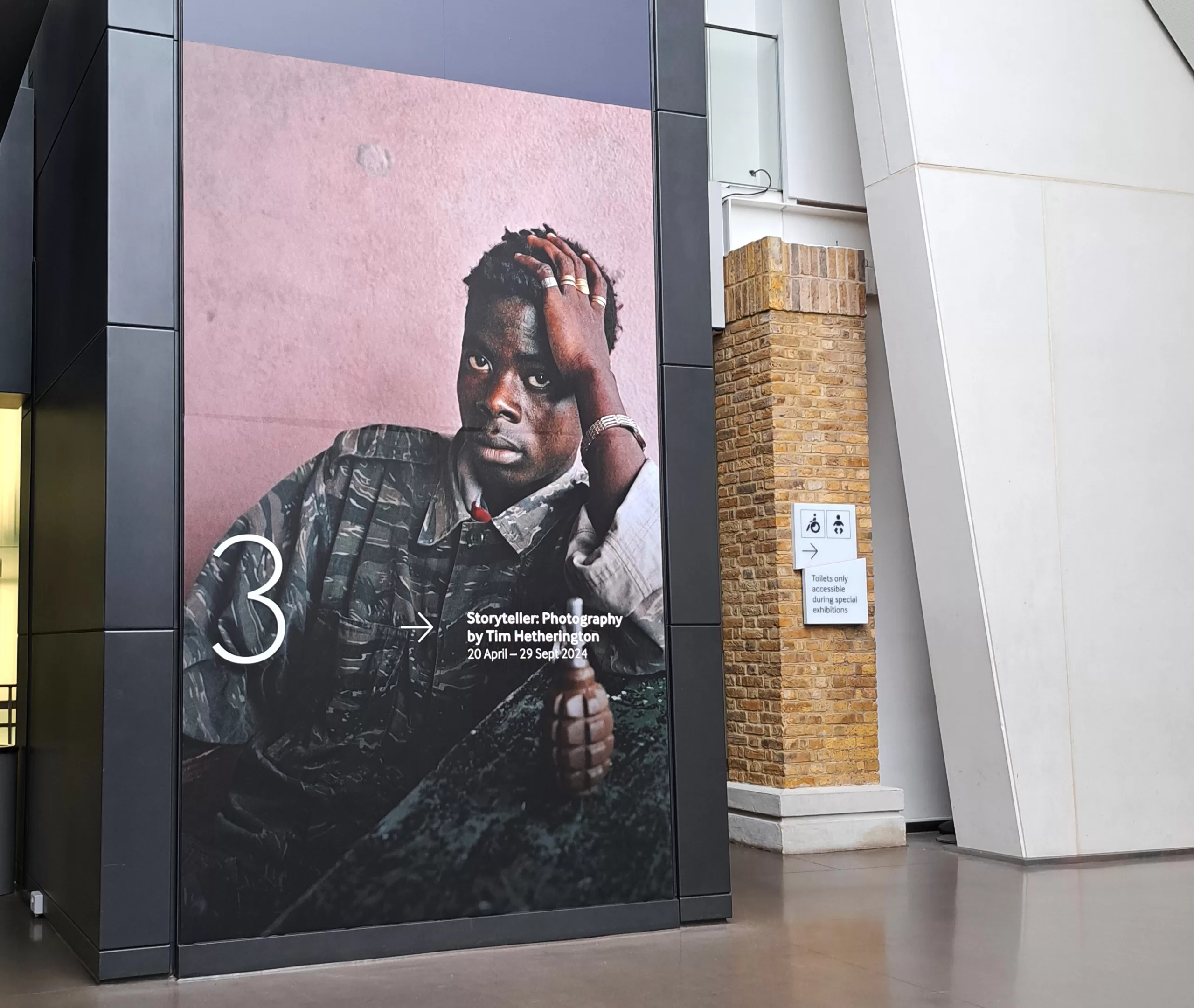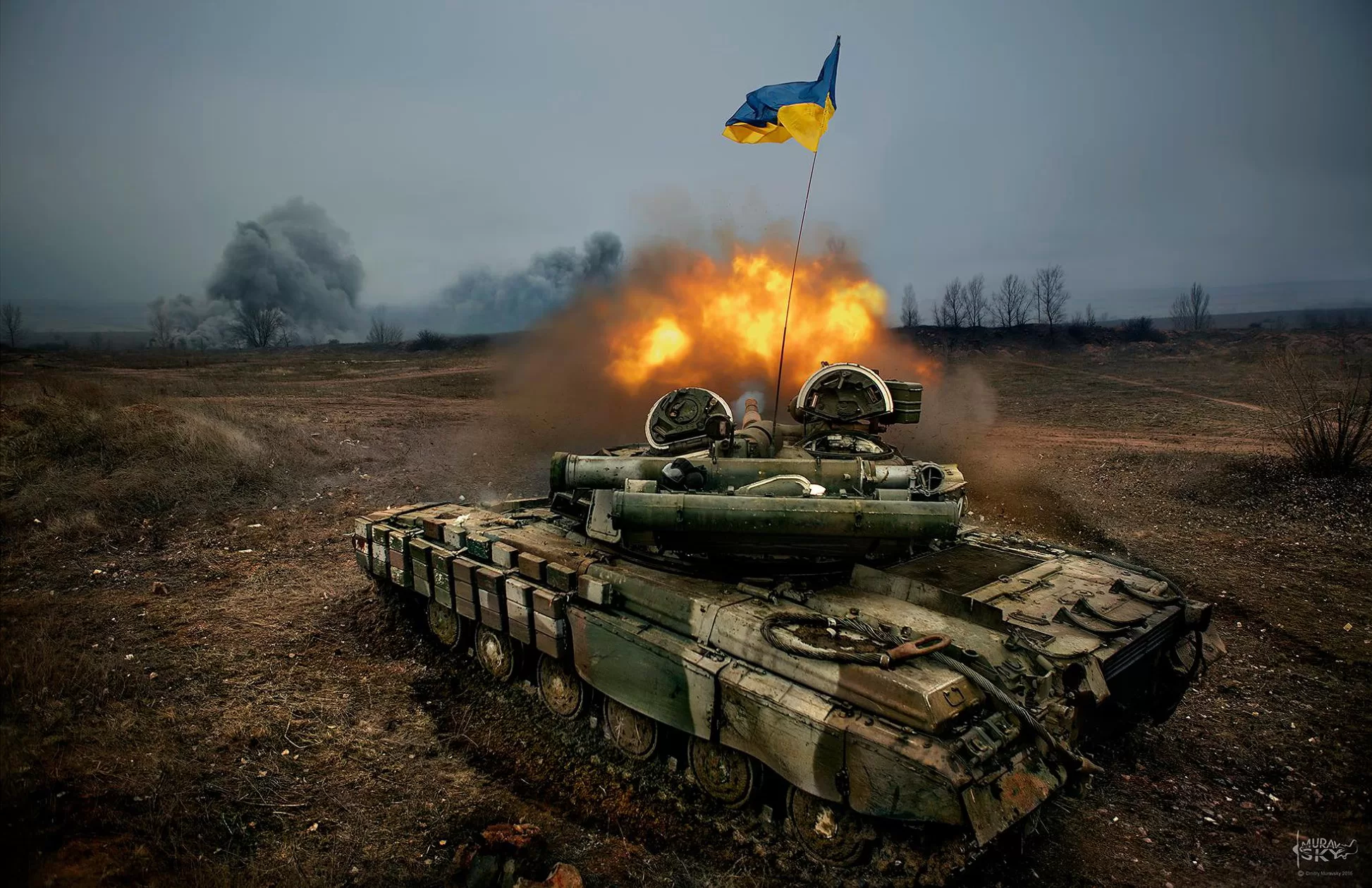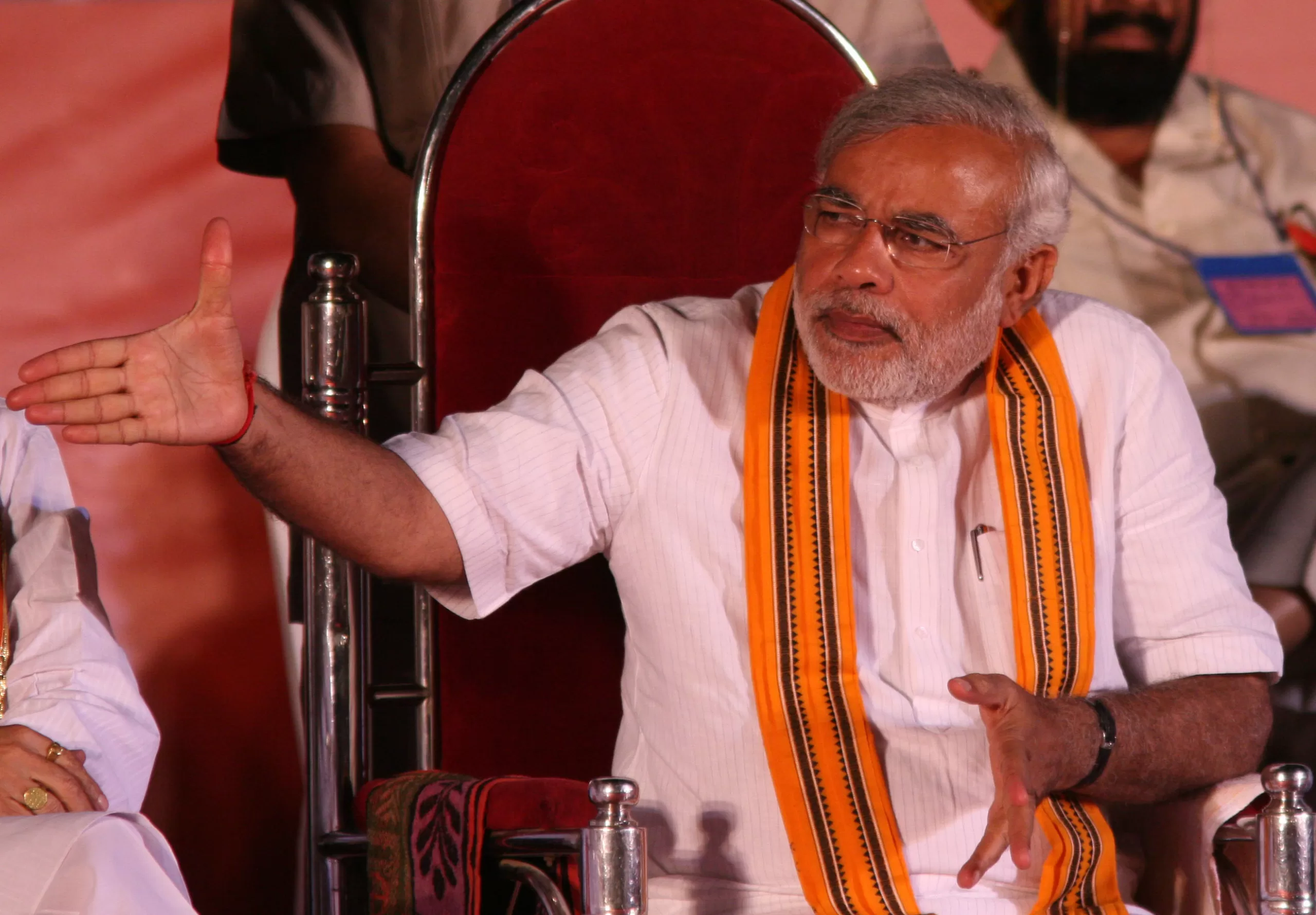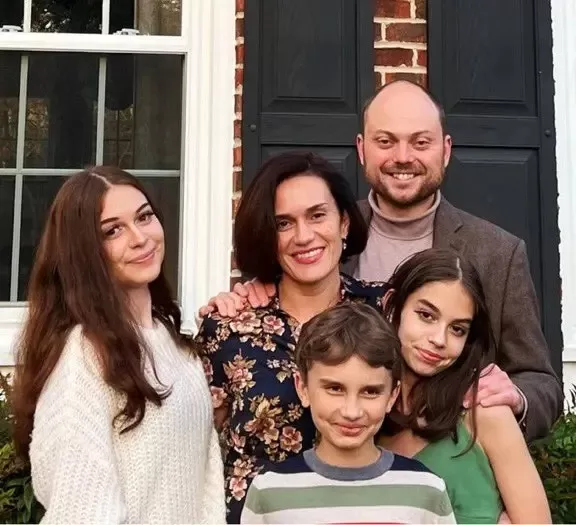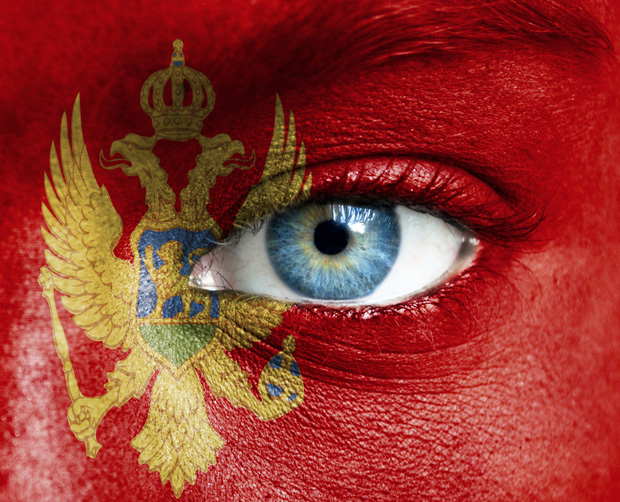
Montenegro is first in line after Croatia to enter the EU, according to some European politicians and parliamentarians; a leader in the Balkan region. But the country’s press is under attack, with Prime Minister Milo Djukanovic leading the line in cracking down on the region’s media.
In the latest Reporters Without Borders Press Freedom Index, Montenegro placed 113th out of 179 countries – a ranking that has deteriorated year on year. Slovenia, a neighbour and EU member, is ranked 35th, and Serbia and Croatia are also far ahead. Even Bosnia and Herzegovina, which by many other parameters unfortunately is behind all of the Balkans, rates well ahead of Montenegro at 68th.
This situation is easily explainable. Only in Montenegro has the rule not changed since the fall of the Berlin Wall. For 24 years the power has been held by the same man – Djukanovic. He is the only one from the generation of ex-Yugoslavian war leaders who is still active in politics. He perceives the media as the greatest threat to his absolute rule.
Over the past few years alone, the founder and editor of a daily newspaper has been killed and seven editors and journalists have been physically assaulted. A number of cars belonging to Vijesti, the independent daily newspaper I co-founded, have been set on fire.
Not only have none of these criminal acts been properly investigated, but the authorities and their institutions have done everything in their power to render the investigations meaningless and to ensure that real culprits are not touched. This has increased self-censorship among journalists; many of them are very concerned by the fact that those who commission the attacks seem untouchable, hidden at the very top the government and the mafia circles close to it.
On 1 September 2012, the fifteenth anniversary of the founding of Vijesti, a director, editor, journalist and photographer from the paper were all attacked. This was a warning to their colleagues not to see what they see and write about what is obvious.
Journalism should be a simple and responsible profession that protects the public interest and defends the society from abuses of the powerful and privileged. But in light of the state of media freedom in Montenegro, practicing journalism has been described by representatives from the Council of Europe as ‘a heroic feat’.
When physical assaults have not delivered the expected results, Djukanovic and his regime have switched to financial ones. He forbade the government, state institutions, municipalities and public companies to advertise in Vijesti. A number of private companies that are close to the prime minister, or whom he can intimidate through tax inspections, were “advised” to avoid us. This has caused millions of Euros worth of financial damage to the paper.
On the other hand, he has relentlessly poured state money into the low-circulation national newspaper Pobjeda, which would otherwise have gone bankrupt a long time ago. He has also launched a TV station with cheap programmes in order to compromise the sustainability of the independent TV station.
Napoleon once remarked: “Four hostile newspapers are more to be feared than a thousand bayonets.” Our newspaper does not consider anyone to be its enemy. However, the all-powerful politicians whose irresponsibility and corruption we report on, perceive us as such. To that we tell them the problem is not on our side – if you do not want to have bad things published on the front page, then don’t do bad things!
Europe has a role to play in this situation. We know that freedom of speech is one of the key conditions for progressing in the European integration, because without free media there is no democratic society. For years, the European administration has been seeking concrete results from Montenegro in the fight against organised crime and corruption. Prime Minister Djukanovic has developed a system that is tantamount to a political trade-off. He is completely cooperative and obedient to Brussels and Washington when it comes to regional issues, such as the recognition of Kosovo, support of the Bosnian state as envisioned in the Dayton Agreement and cooperation with the International Criminal Tribunal for the former Yugoslavia.
In exchange, the US and EU turn a blind eye while the government harangues civil society and independent media.
It is time for an end to this cynical policy. European officials, whether they are in Brussels or Paris, Berlin and London, should start taking stock of the real situation and status of democracy and human rights in Montenegro. Otherwise, Djukanovic will succeed in a what should be an impossible mission – obtaining full EU membership for Montenegro, while simultaneously extinguishing independent media in this new state.
This article was originally posted on 24 Oct 2013 at indexoncensorship.org


